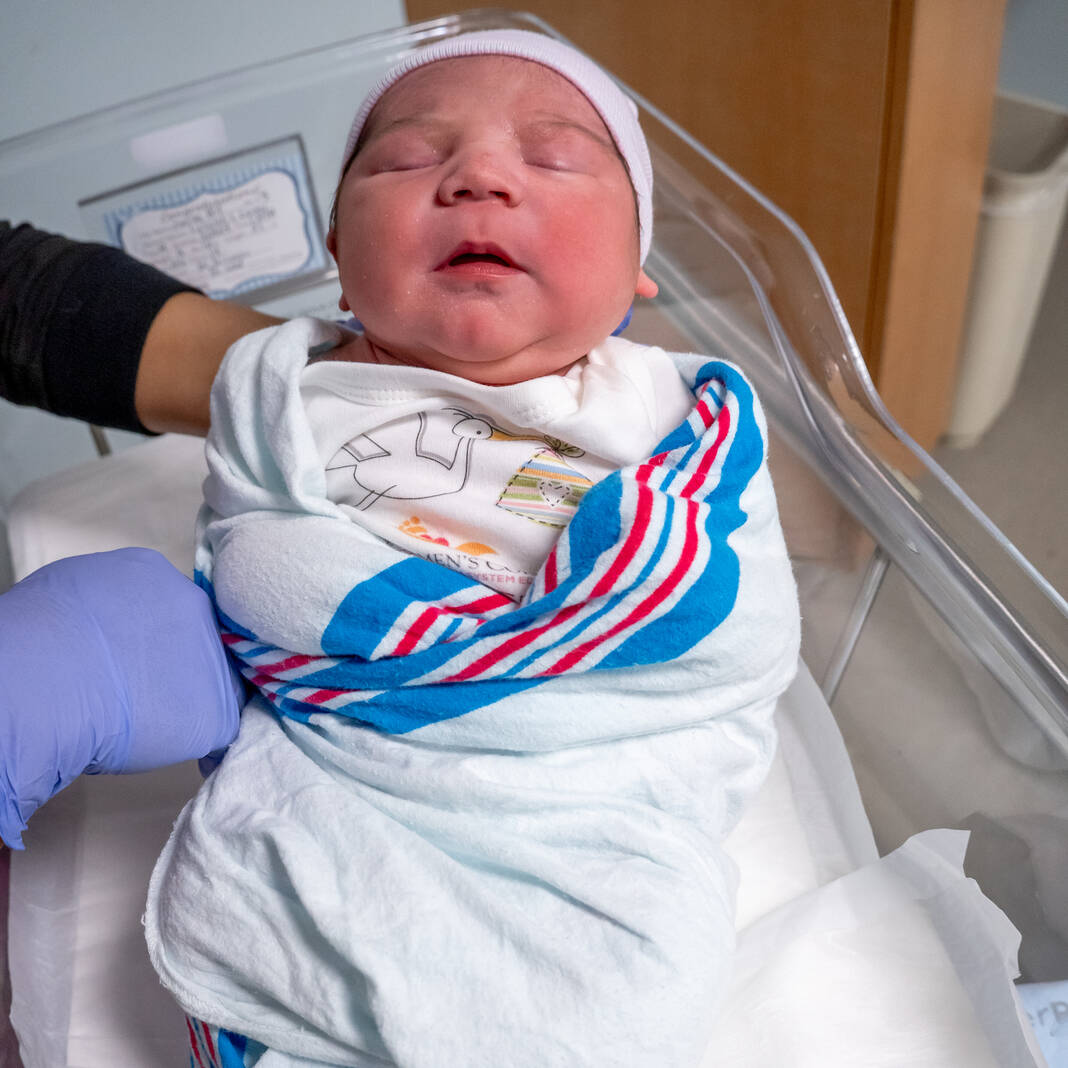|
Only have a minute? Listen instead
Getting your Trinity Audio player ready...
|

It’s said that a person has a 1 in 1,461 chance of being born on Leap Day. Well, count Leon Elizondo as that one.
At 9 pounds and 10 ounces, the days-old child was born to a Rio Grande Valley couple, Lyzette Garza and Lecter Luna, on Leap Day, Thursday, Feb. 29, 2024, which as the statistic from Parents.com indicated is quite the rarity.
South Texas Health System made the announcement via a news release Thursday, stating that “Little Leon” came into the world at STHS Edinburg at around 1:20 p.m. that special day.
Although originally thought to be due on March 4, his early due date allowed him to have one of the rarest birthdays. Leon is now among the 5 million people worldwide to be born on Leap Day.
For Lyzette, the birth was special not because it was Leap Day but because it was Leon’s day.
“I’m tired but excited,” Lyzette said in the release. “It just feels like he was born on any day because we’d be just as thrilled to welcome him into the world if he were born on March 1.”
With a birthday date that only comes around every four years, Lyzette and Lecter now have to figure out on which day to celebrate Leon’s birthday.
“A birthday party every four years,” Lecter joked.
The way the University of Central Florida explains it, Leap Years are necessary to account for the quarter of a day left at the end of every year.
Calendars must reset every four years (or so) on Leap Years; if not, then the seasons would drift by a quarter of a day further each year.
“After 40 years, we’d be 10 days off,” the university said in a 2020 article.




